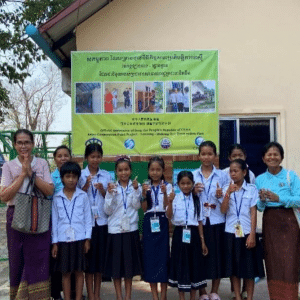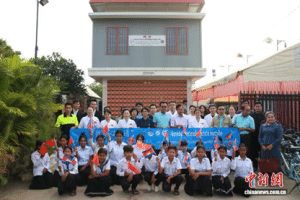Liao Hua (pseudonym) had lived with his grandparents in the countryside for a while before his parents finally brought him along with them last year to the city, where they work as migrant workers. But after only three months, due to changes at work, Hua’s parents sent him back to the countryside.
“I guess your mom abandoned you again, huh?” Hua’s classmate reportedly said. After returning to the countryside, Hua found it hard to fit in. His academic performance at school suffered too.
Hua is what is being called a returning migrant child which describes those who are sent back to the countryside alone after living as with their parents in the city for a period of time. Those children will once again live without guardians, making them part of the larger rural left-behind children community.
According to the China Children Development Report published in 2020, there were more than 60 million left-behind children in China. Among them, returning migrant children account for around 50 percent.
Multiple reasons often compel parents to send their children back to the countryside. When a child joins a migrant worker couple in the city, financial and psychological burdens can increase dramatically. Many parents are also unfamiliar with allowance and education policies for migrant children. Some cities lack relevant policies so children must return to the countryside for school.
Suffering from separation twice and having to re-adapt, returning migrant children may experience more challenges than other left-behind children.
Research shows that nearly 80 percent of returning migrant children meet their parents less frequently after returning home, 22 percent repeat a grade, and 64.3 percent of the children have symptoms of depression. But there are solutions that can be realised through social efforts to allocate urban and rural resources, and encourage development in the countryside.



